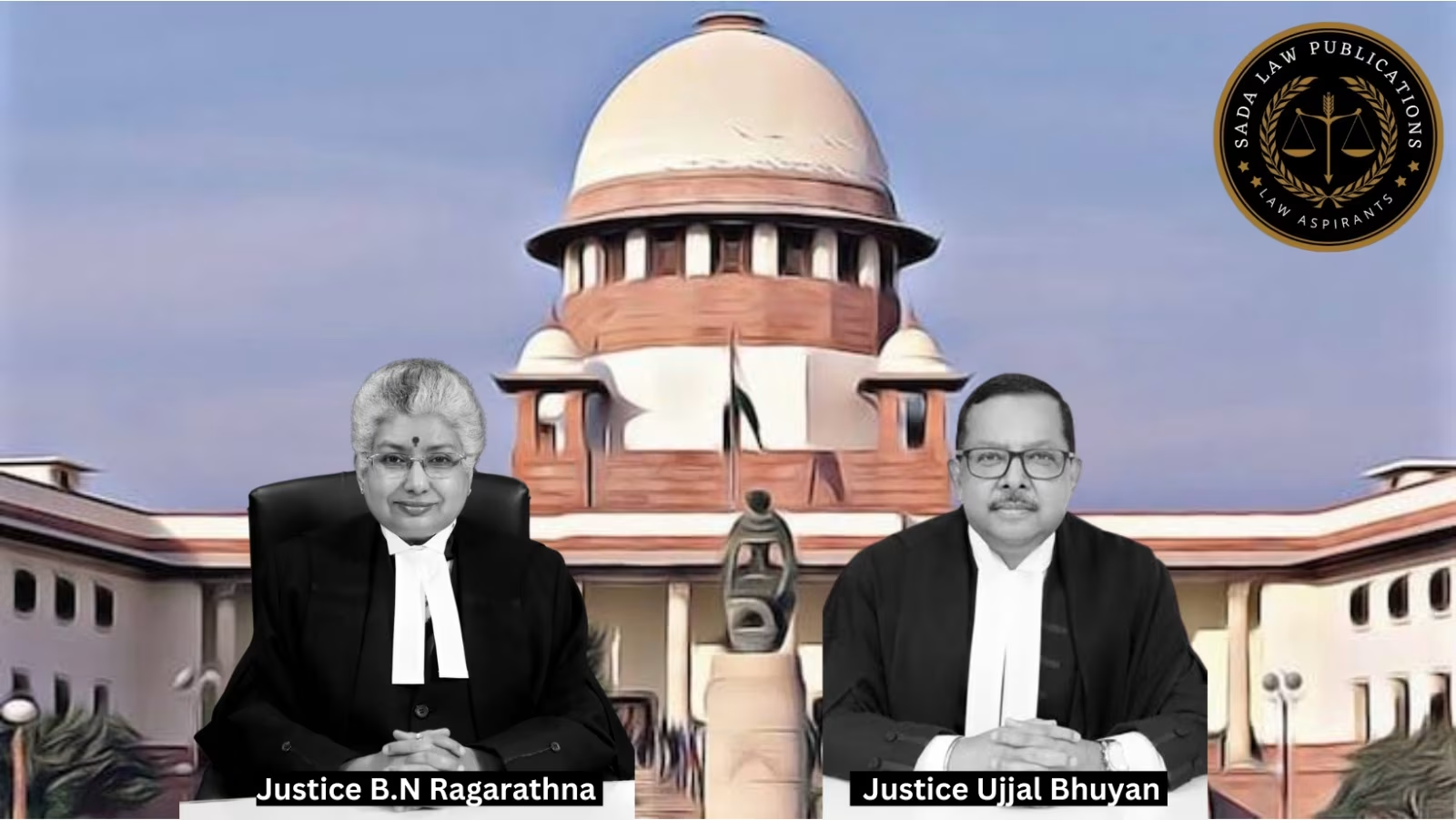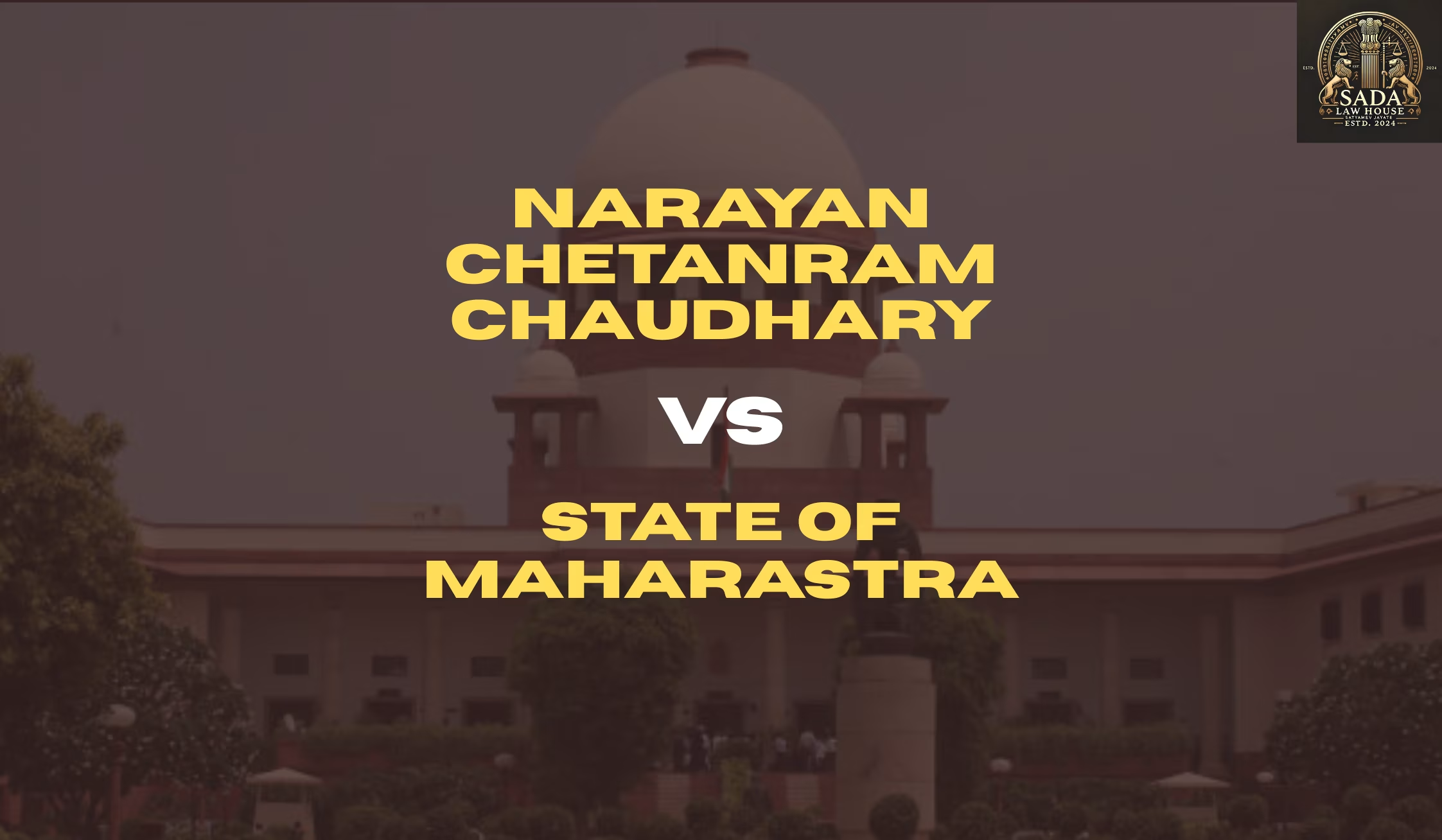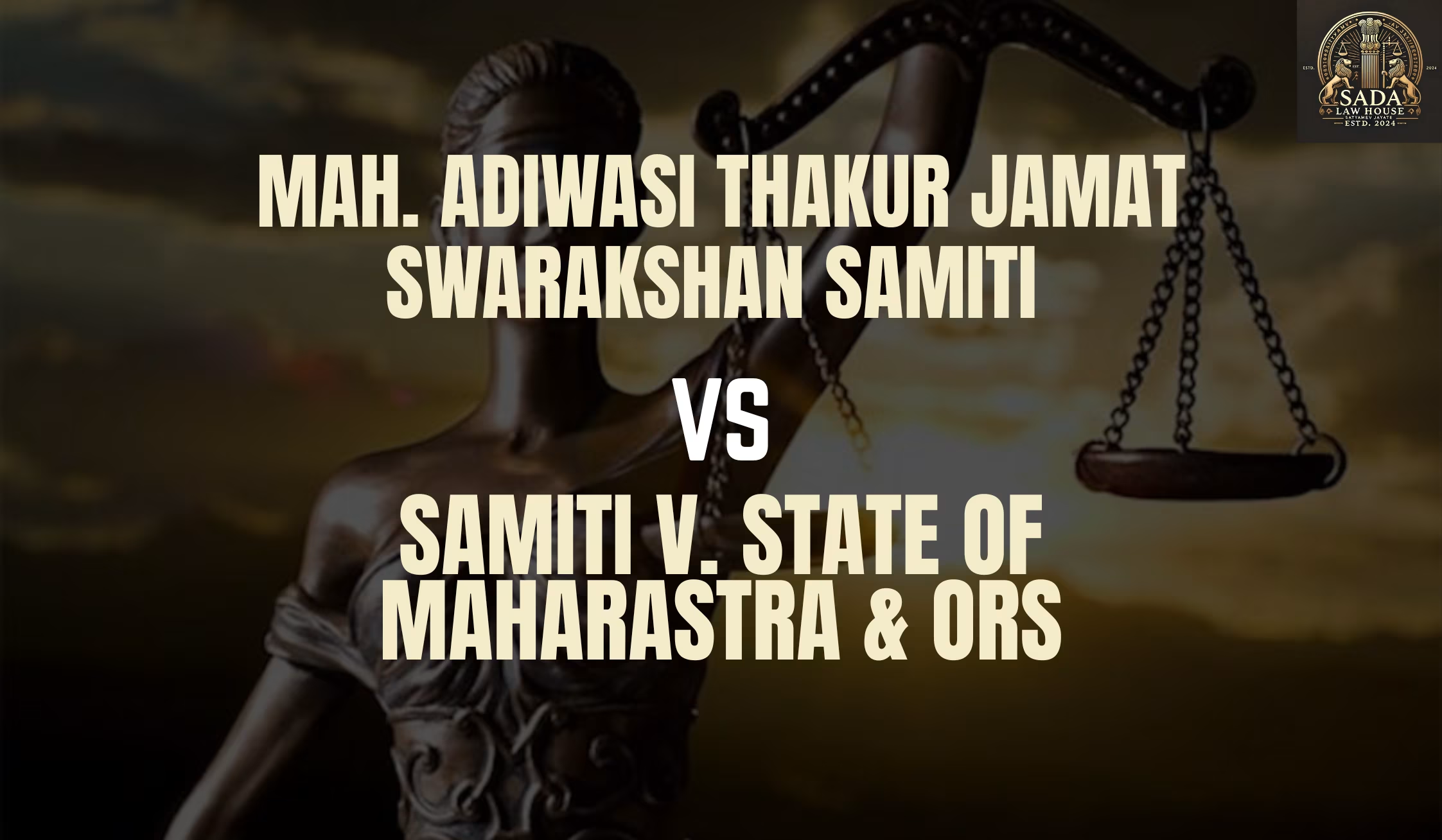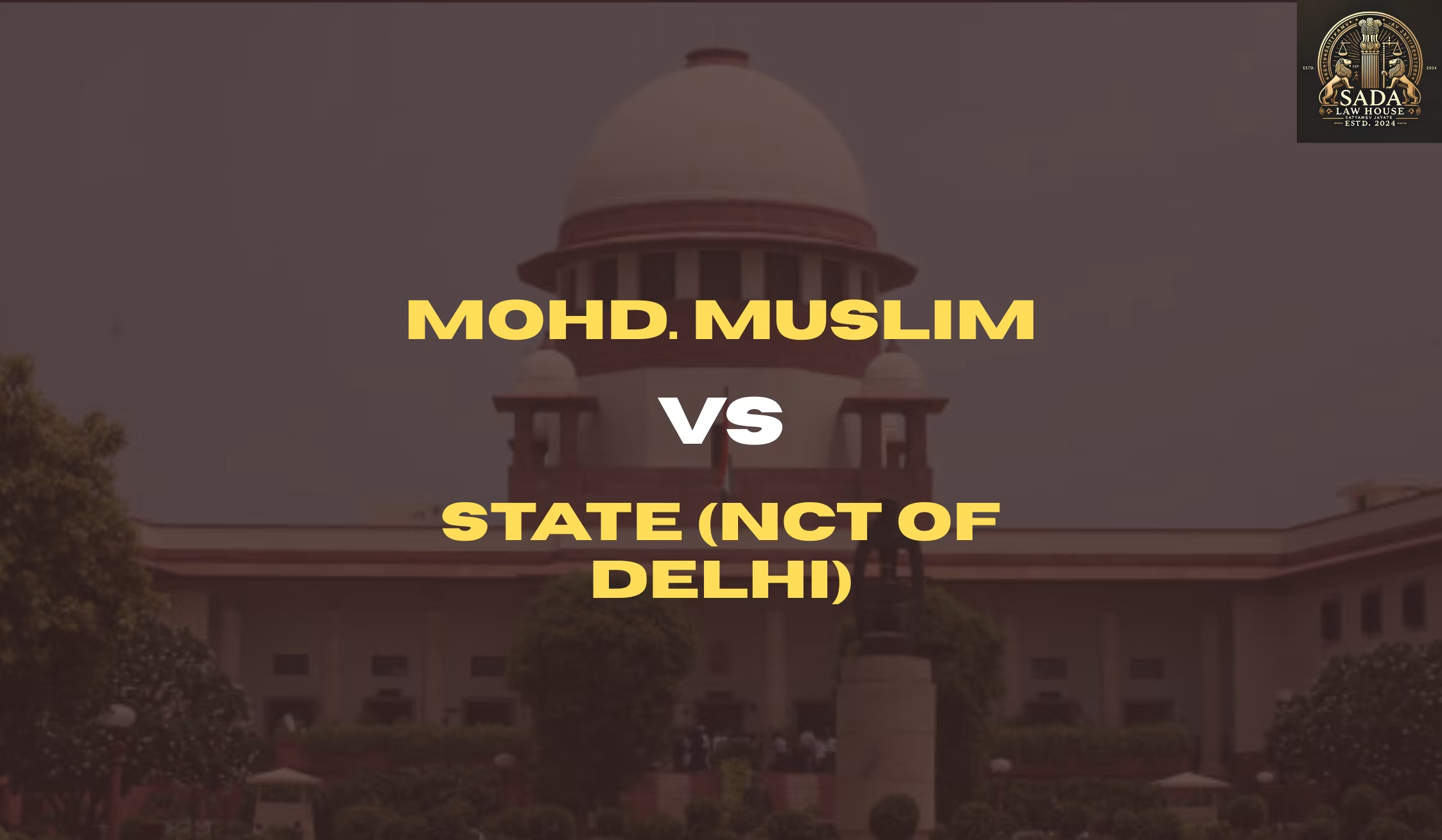Supreme Court Overturns Remission in Bilkis Bano Case: 2002 Gujarat Riots Convicts Ordered Back to Jail
- NITU KUMARI
- 04 May 2025

In a historic verdict, the Supreme Court of India invalidated the premature release of 11 convicts in the 2002 Bilkis Bano case, reinforcing the importance of justice and proper legal procedures. Learn the full background, legal journey, and final judgment.
Background of the Bilkis Bano Case
The Bilkis Bano case is one of the most harrowing incidents of the 2002 Gujarat riots, a communal conflict that followed the Godhra train burning. Bilkis Bano, 21 years old and five months pregnant at the time, was gang-raped during the violence in Gujarat’s Dahod district. In the same attack, seven members of her family, including her three-year-old daughter, were brutally murdered by rioters.
Due to the sensitivity of the case and concerns over a fair trial, the matter was transferred from Gujarat to Maharashtra. In 2008, a Sessions Court in Mumbai convicted 11 accused under Sections 302 and 376 read with Section 149 of the Indian Penal Code and sentenced them to life imprisonment. The Bombay High Court upheld this judgment in 2017.
Controversial Remission of Convicts in 2022
In a shocking turn, the Gujarat government granted remission to all 11 convicts in August 2022, allowing their early release under a remission policy. The move sparked public outrage and widespread criticism, especially from Bilkis Bano, who petitioned the Supreme Court seeking to revoke their release.
The remission was initially pursued by Radheshyam Shah, one of the convicts, who approached the Gujarat High Court. The court dismissed his plea, citing lack of jurisdiction. However, upon further legal battle, the Supreme Court of India directed the Gujarat government to consider the remission applications.
Grim Facts of the Case
Bilkis Bano and several female family members were brutally raped.
A two-day-old infant, eight children, and multiple adults were murdered.
12 individuals were charged with gang rape, murder, and rioting with deadly weapons.
Six police officers and two doctors were also charged with tampering evidence and misconduct.
While one officer was convicted for filing a false First Information Report (FIR), five others and the two doctors were initially acquitted by the Trial Court but were later convicted by the Bombay High Court on appeal.
Legal Issues Addressed
1. Was the remission of the 11 convicts justifiable?
The core issue was whether the early release complied with legal standards and jurisdictional rules.
2. Was Bilkis Bano’s writ petition under Article 32 maintainable?
The Court examined her constitutional right to petition against executive actions violating her rights.
3. Were Public Interest Litigations (PILs) by third parties maintainable?
The Court assessed whether unrelated individuals could challenge remission orders.
4. Was the Gujarat government the appropriate authority for granting remission?
Since the trial occurred in Maharashtra, the legal jurisdiction of Gujarat in granting remission was heavily scrutinized.
Supreme Court Observations and Verdict
The Supreme Court emphasized the purpose of punishment—not as retaliation but as reformation and deterrence. Drawing philosophical inspiration from Plato, the Court stated that a criminal, like a patient, should be rehabilitated when possible. However, such remission should follow legal procedures and must be justified.
Final Ruling:
The Court ruled that the State of Gujarat was not the competent authority to grant remission since the trial was held in Maharashtra. The remission was declared invalid, and the 11 released convicts were ordered to surrender within two weeks.
Conclusion: Upholding Justice in the Bilkis Bano Case
The Bilkis Bano case remains a landmark in the Indian judicial system, highlighting the importance of victim rights, judicial independence, and strict adherence to legal procedure. The Supreme Court’s ruling reinforces that remission policies cannot override justice, especially in cases involving heinous crimes like gang rape and mass murder.
Case Laws






